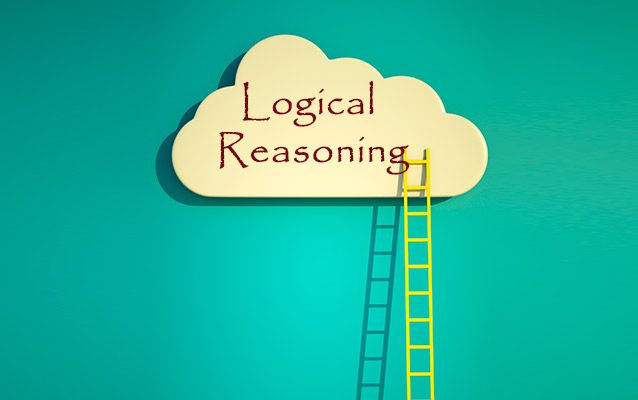Thursday Trivia~The Importance of Patience in Investing: Lessons from the Chinese Bamboo Tree
December 29, 2022
Thursday Trivia ~ Unlocking the Secrets to Successful Direct Equity Investing: A logical Guide
January 12, 2023
Legacy planning, or estate planning, is organising and arranging your financial affairs so that your assets can be easily passed on to your loved ones after your death. It’s an essential but often neglected aspect of financial planning. Benjamin Franklin once said, “In this world, nothing can be said to be certain except death and taxes.” While we can’t avoid either of these, we can ensure that our loved ones are taken care of when we’re gone.
Most of us feel that appointing a nominee is enough for succession planning. However, you would be surprised to know that this does not ensure a smooth wealth succession. The Association of Registered Investment Advisors (ARIA) is doing commendable work by engaging with regulators to make this process more investor friendly. You can access their white paper on this matter. More on this may be some other time.
One of the most straightforward ways to ensure smooth succession is to appoint a joint holder in all your investments. This allows for a relatively quicker transmission process and more flexibility in operational management. Most investment products offer “Anyone or Survivor” as a mode of operation, meaning either holder can execute operational activities. Choosing this can make day-to-day investment management easier for your loved ones.
Unfortunately, an outdated banking rule, highlighted in this moneycontrol article, has reduced the benefits of this arrangement for bank fixed deposits (FDs). The November 2011 circular by RBI clarifies that in case of premature withdrawal, all the holders must sign the application, or it needs concurrence from the legal heirs of the deceased 1st holder. In effect, it means that if the first holder dies or becomes incapacitated, the surviving holder may not be able to access the money of the FD prematurely. You can read the circular here.
Ironically, while the circular was issued to ease the pains of the FD holders, it could meet its objective only partially. While regulations are often put in place to protect investors, they can cause operational difficulties. And when regulations are implemented without considering the operational ease and investor experience in mind, they create more problems for the end investors instead of providing relief.
Now, one needs to use the additional mandate provisioned by the Reserve Bank of India (RBI) in the same circular to prevent these hassles. This mandate, which all holders must sign, gives explicitly the second holder the power to withdraw money prematurely in the event of the first holder’s death or incapacitation.
If you already have a joint holding in your existing fixed deposits, you must sign and submit the required mandate to avoid any issues arising in future in case premature withdrawal may be required. While making new Fixed Deposits in future, appoint a joint holder and also remember to submit the mandate for premature withdrawal by the joint holder. This will ensure smooth access to your investments by the second holder in case of unforeseen eventualities.
As Warren Buffett said, “Someone’s sitting in the shade today because someone planted a tree a long time ago.” Consider legacy planning before it’s too late to start thinking about how you want your assets to be distributed after you’re gone. By planning, you can ensure your loved ones are taken care of and that your legacy lives on.
